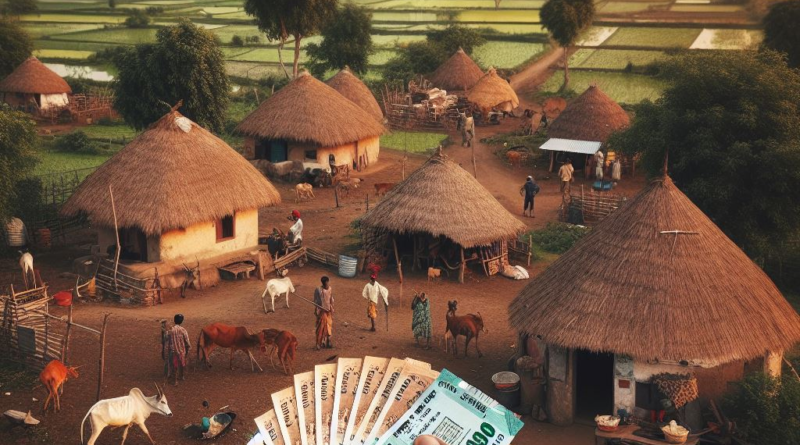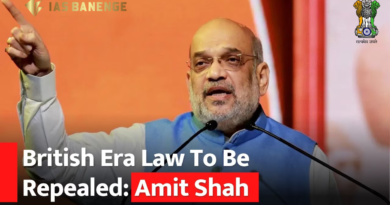About Settlement in Indian Rupees (SRVA) |Ias Banenge
Context:
India has simplified the payment mechanism for traders importing pulses from Myanmar, requiring them to use the Rupees/Kyat direct payment system through the Special Rupees Vostro Account (SRVA) through the Punjab National Bank.
Relevance:
GS III: Indian Economy
READ MORE- Above Normal Monsoon for India in 2024
Dimensions of the Article:
- About Settlement in Indian Rupees (SRVA)
- Eligibility Criteria for Banks
About Settlement in Indian Rupees (SRVA)
Overview
- SRVA is an additional arrangement to the existing system of settlement using freely convertible currencies and operates as a complementary system.
- Freely Convertible Currency: Currency that can be converted into major reserve currencies like the U.S. Dollar, Pound Sterling, in accordance with the country’s regulations.
Objective
- Reduces dependence on hard (freely convertible) currency.
Regulatory Approval
- SRVA requires prior approval from the Reserve Bank of India (RBI) before opening, unlike the Rupee Vostro account.
Functioning of SRVA
- Components
- Invoicing: All exports and imports must be denominated and invoiced in Indian Rupees (INR).
- Exchange Rate: The exchange rate between the trading partner countries’ currencies is market-determined.
- Settlement: The final settlement occurs in INR.
- Operational Process
- Authorized domestic dealer banks (authorized to deal in foreign currencies) must open SRVA accounts for correspondent banks of the partner trading country.
- Domestic importers make payments (in INR) into the SRVA account of the correspondent bank for invoices from overseas sellers/suppliers.
- Domestic exporters receive export proceeds (in INR) from the balances in the designated account of the correspondent bank of the partner country.
- For availing advances against exports, domestic banks must prioritize ensuring that available funds are used to meet existing payment obligations, i.e., from already executed export orders or pending export payments.
- All cross-border transactions reporting must comply with the guidelines under the Foreign Exchange Management Act (FEMA), 1999.
Eligibility Criteria for Banks
- Banks from partner countries must approach an authorized domestic dealer bank to open the SRVA.
- The domestic bank then seeks approval from the apex banking regulator, providing details of the arrangement.
- Domestic banks must ensure the correspondent bank is not from a country listed in the updated Financial Action Task Force (FATF) Public Statement on High-Risk and Non-Co-operative jurisdictions.
- Domestic banks must present financial parameters related to the corresponding bank for review.
- Authorized banks can open multiple SRV accounts for different banks from the same country.
- Balances in the account can be repatriated in freely convertible currency and/or the currency of the beneficiary partner country, depending on the underlying transaction for which the account was credited.
-Source: The Economic Times




